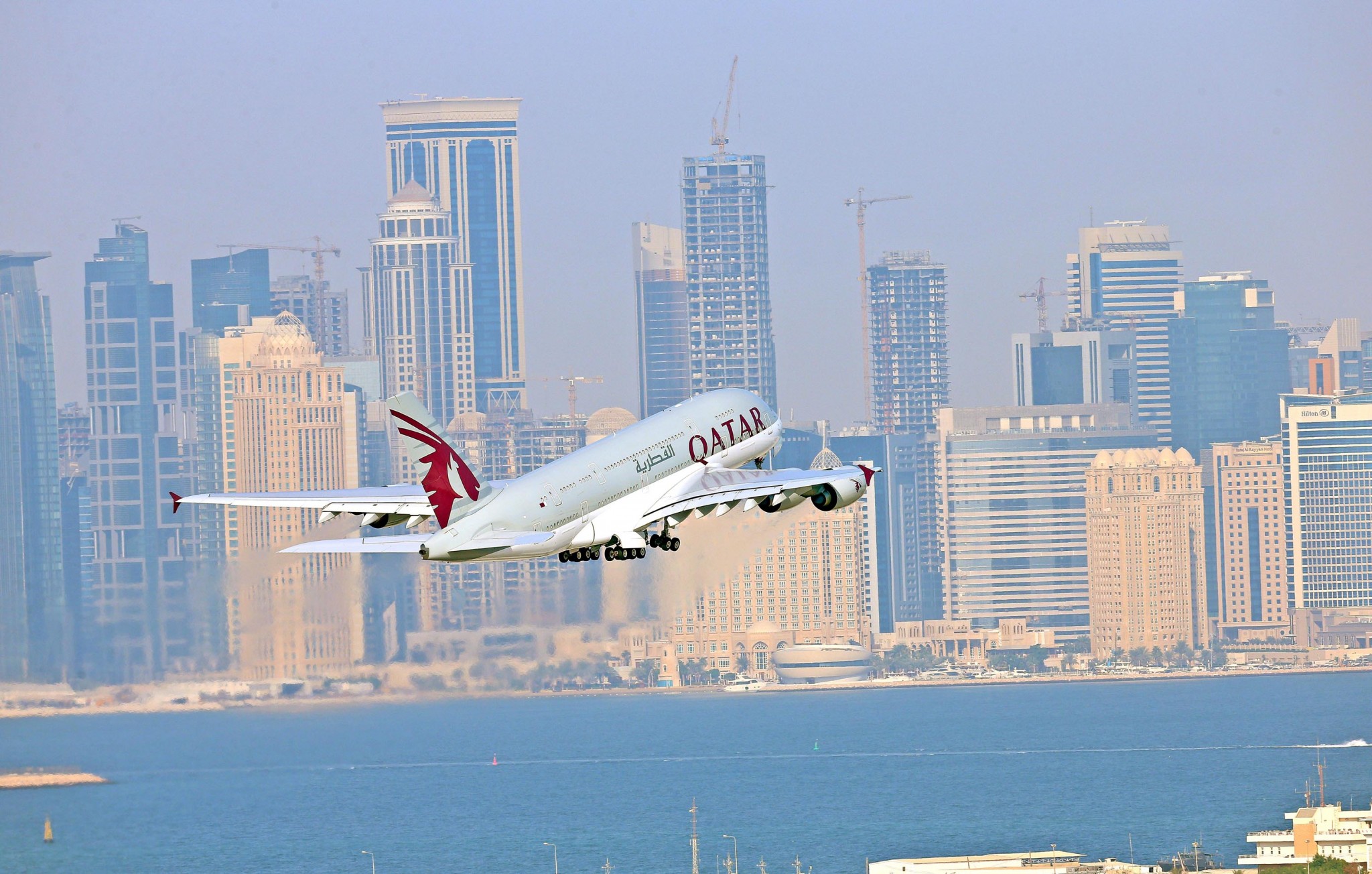Qatar Airways' potential purchase of a stake in American Airlines signals that equity stakes are gaining momentum as an option for global tie-ups in the airline industry, given the restrictions on foreign ownership, Fitch Ratings says. The unsolicited nature of the approach is unusual, but follows a string of minority acquisitions in other airlines by Delta, Etihad Airways, Qatar Airways, American Airlines and United Airlines.
Acquiring equity stakes can be positive for an airline's business profile by broadening its network, which is a key differentiating factor, especially when the competition with low-cost carriers is shifting to long haul, where most network carriers generate the majority of their cash flows. But the impact depends on the strength of the target airline and the level of cooperation achieved. The approach is also expensive, especially when targeting financially healthy airlines, and is therefore only likely to be pursued by airlines with strong balance sheets or strong shareholder support.
Qatar Airways and Etihad Airways are reliant on transit traffic and therefore need access to global networks to support traffic flow. Qatar Airways has already purchased or agreed to purchase a 20% stake in IAG, which owns British Airways (BA), a 10% stake in LATAM Airlines and a stake in Italy's Meridiana, and plans expansion in the Indian market. The stakes in its oneworld alliance partners - IAG, LATAM Airlines and potentially American Airlines - are intended to underpin its global footprint and support its strategy of routing traffic via its hub between Asia and Europe, South America and potentially North America.
BA, LATAM Airlines and American Airlines already cooperate under a joint business agreement and BA signed a similar agreement with Qatar Airways in 2016. But as Qatar Airways' overtures are unsolicited and American Airlines has been a critic of Middle Eastern carriers' use of government subsidies, it is unclear whether the acquisition of an equity stake in American Airlines would lead to further cooperation beyond their current co-membership in the oneworld alliance.
In contrast, Delta has a strong domestic market in the US, but has used its equity investments to expand its reach into new markets. Most recently Delta increased its stake in Aeromexico to 49%, increasing its presence in Latin America. Delta also owns 49% of Virgin Atlantic, and has smaller ownership interests in Gol Linhas Aereas, and China Eastern.
Etihad Airways was the first Gulf carrier to implement a growth model combining fleet expansion, codeshare partnerships and minority investments in other airlines. Negotiating eight equity partnerships and 49 codeshare partnerships enabled it to grow much faster than rivals and achieve a network with breadth and depth closer to its more mature peers'.
Etihad has confirmed its commitment to an equity-stake strategy, but it is undertaking a strategic review and plans to adjust its partnerships. One of its equity airline partners Alitalia filed for administration and Air Berlin is loss making and dependent on Etihad for liquidity support, highlighting the additional risk of equity investment in financially weaker partners.

